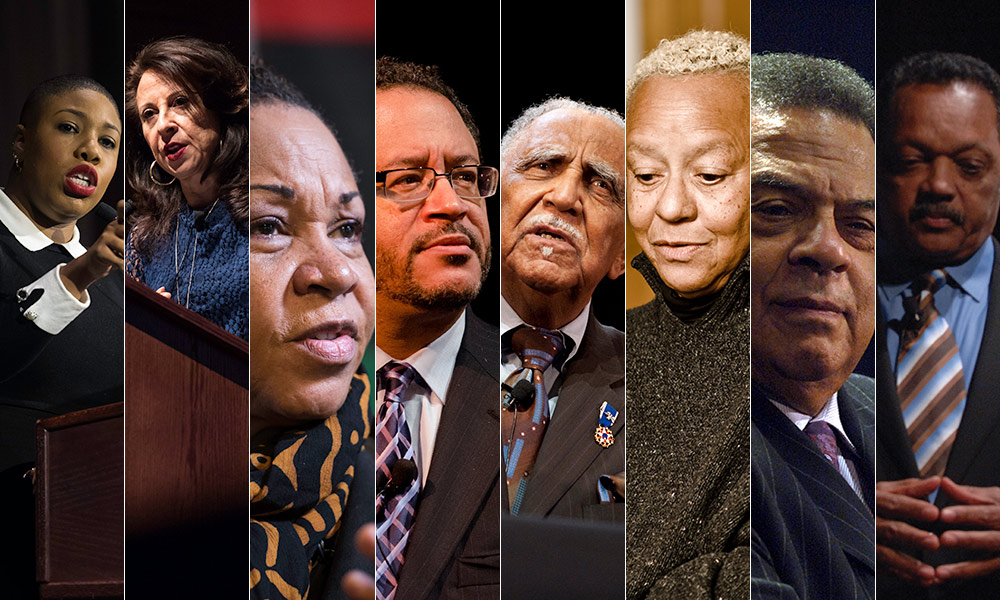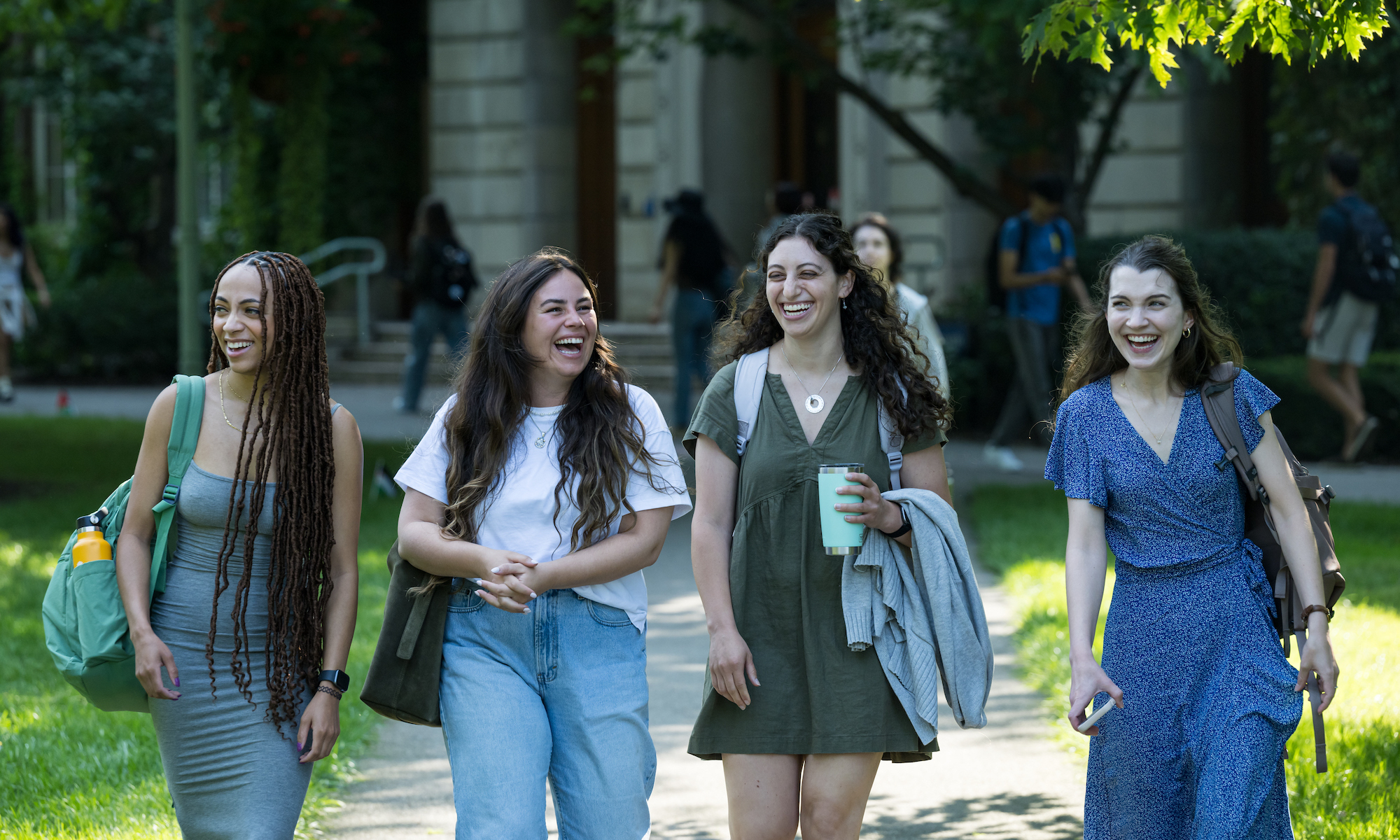Since 2001, when the late Julian Bond spoke at the River Campus on “Civil Rights, Now and Then,” the Martin Luther King Jr. Commemorative Address has been a winter tradition at the University of Rochester. Bond, who died in 2015, was a civil rights icon who was then chair of the NAACP. His selection set the standard for an event that has since drawn many more of the nation’s highest profile leaders in the areas of diversity, civil rights, and social justice.
Cosponsored by the Office of the President and the Office of Minority Student Affairs (OMSA), the annual address came about as a result of student initiative. A 1999 protest citing a lack of diversity among the faculty and student body led to a commitment by the University leadership the following year to “foster cultural diversity throughout the University, including but not limited to course offerings and academic speakers.”
Now in its 20th year, MLK Address “remains a valued tradition by which we honor Dr. King’s legacy, hear important messages from distinguished speakers, and provide our students and community members with an opportunity to interact,” says Norman Burnett, assistant dean and director of OMSA.
This year’s milestone speaker is Eddie Glaude Jr. Glaude holds the title of James S. McDonnell Distinguished University Professor at Princeton University and chairs Princeton’s Department of African American Studies. The former president of the American Academy of Religion, Glaude is the author of several monographs on religion and philosophy and has also written for the New York Times and Time magazine and appeared on Meet the Press, CNN, and MSNBC.
His next book, Begin Again: James Baldwin’s America and Its Urgent Lessons for Our Own, will be released in April by Crown Publishing Group, a subsidiary of Penguin Random House.
Here’s a photographic celebration of the Martin Luther King Jr. Commemorative Address speakers through the years:
Symone Sanders (2019)
The former national press secretary for Bernie Sanders during his 2016 presidential campaign, she’s now a senior advisor for Joe Biden’s presidential campaign.
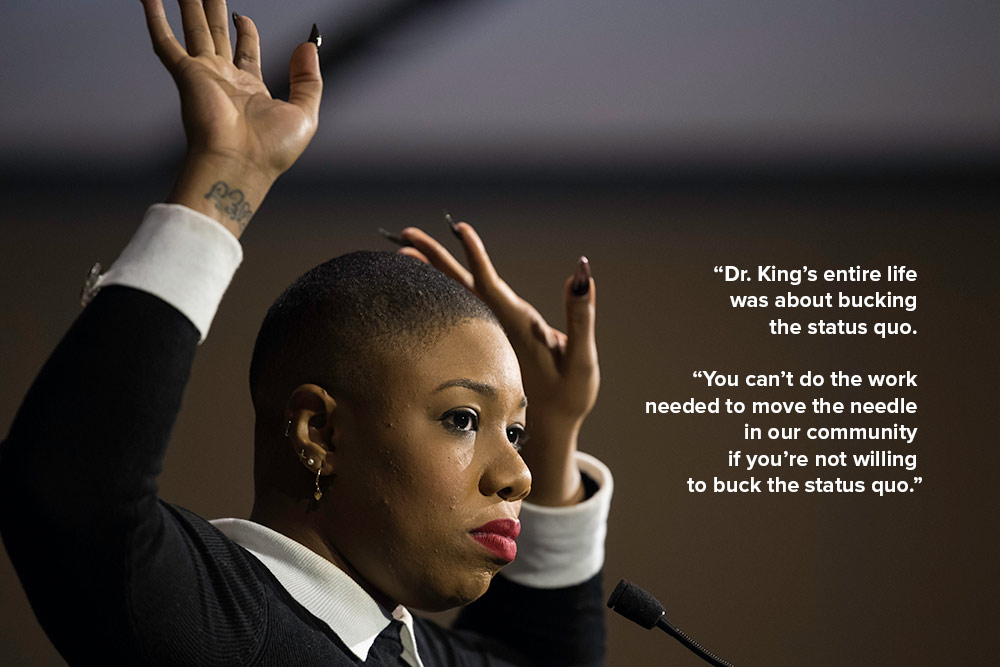
Maria Hinojosa (2018)
The investigative journalist is host and executive producer of Latino USA, a National Public Radio show devoted to Latino issues since 1992.
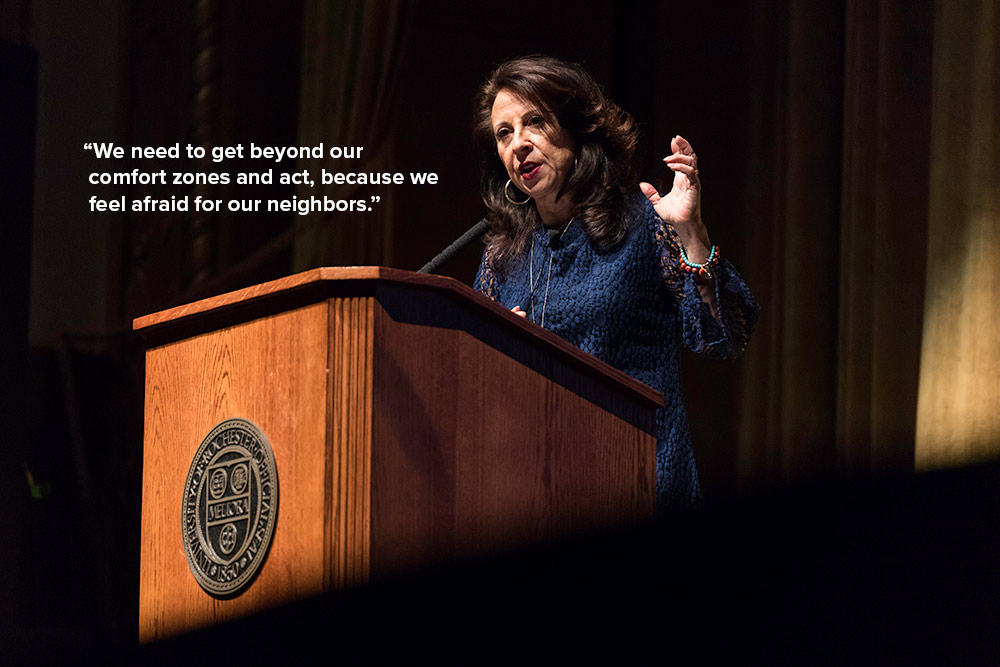
Joy DeGruy (2017)
A longtime professor with more than 30 years’ experience in the field of social work, she’s the author of Post Traumatic Slave Syndrome: America’s Legacy of Enduring Injury & Healing.
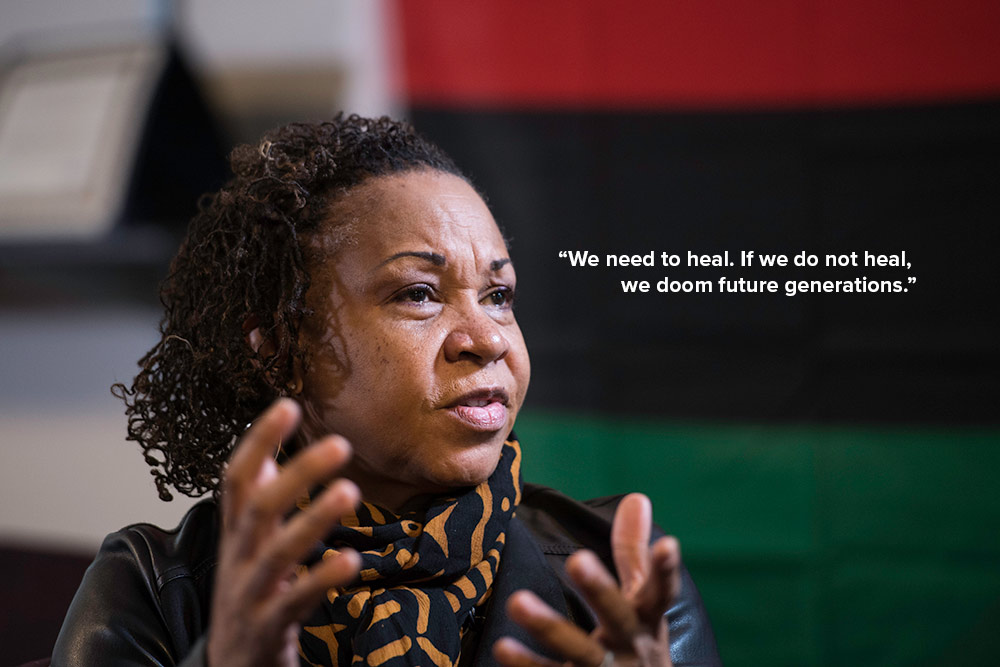
Marc Morial (2016)
President of the National Urban League since 2003 and former mayor of New Orleans, Morial has been recognized as one of the 100 most influential black Americans by Ebony magazine.
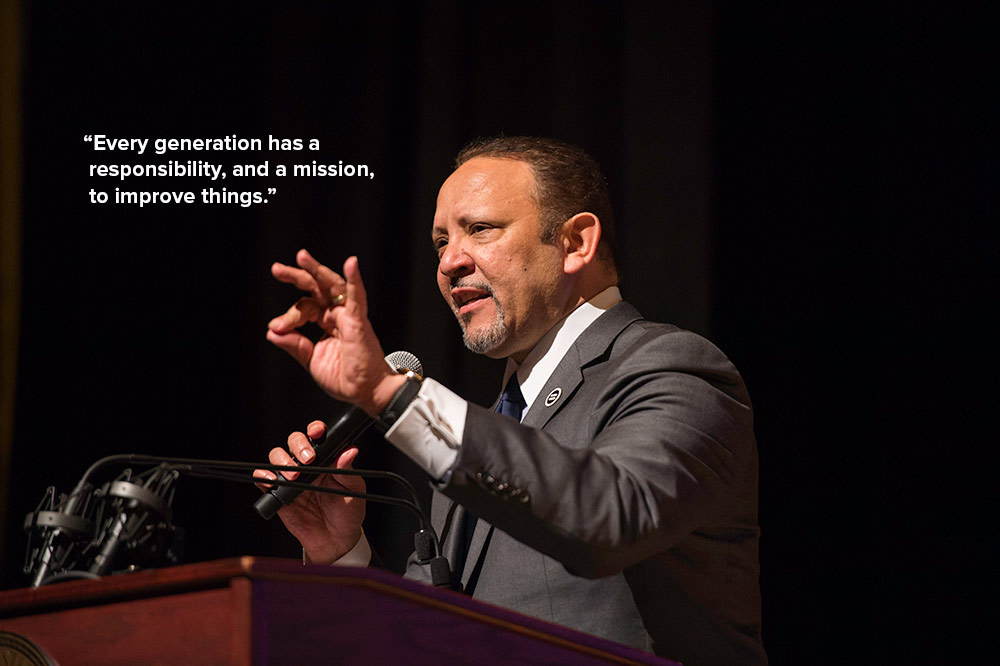
Khalil Gibran Muhammad (2015)
Now serving as professor of history, race, and public policy at the Harvard Kennedy School, Muhammad was executive director of the Schomburg Center for Research in Black Culture when he delivered his address. He also provides media commentary on race and related issues.
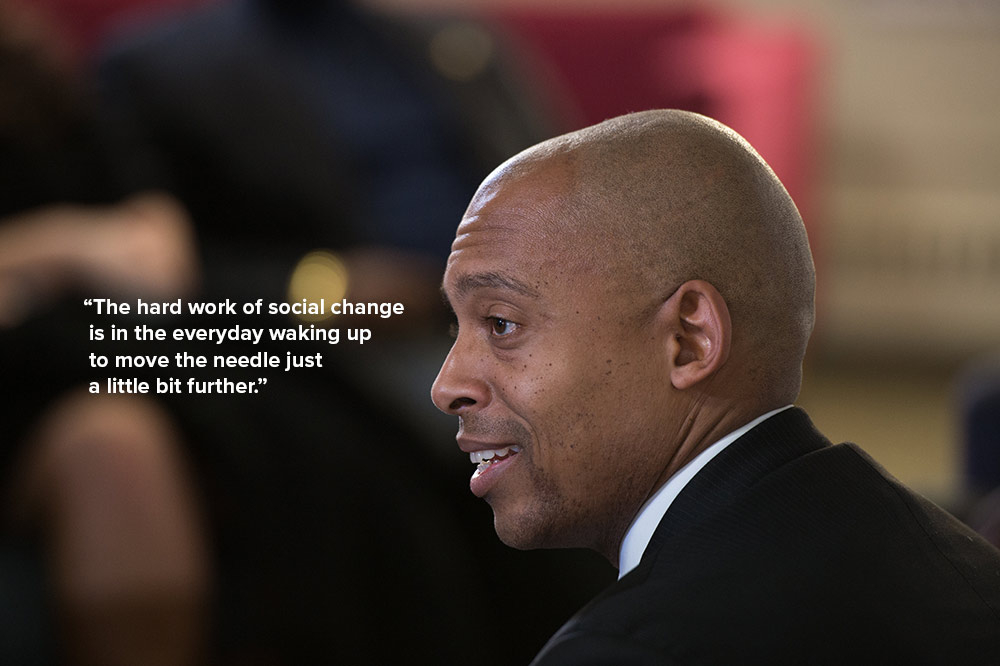
Benjamin Jealous (2014)
Jealous was the youngest president in the history of the National Association for the Advancement of Colored People (NAACP). Having begun his civil rights career at age 18, Jealous ran for governor of Maryland in 2018.
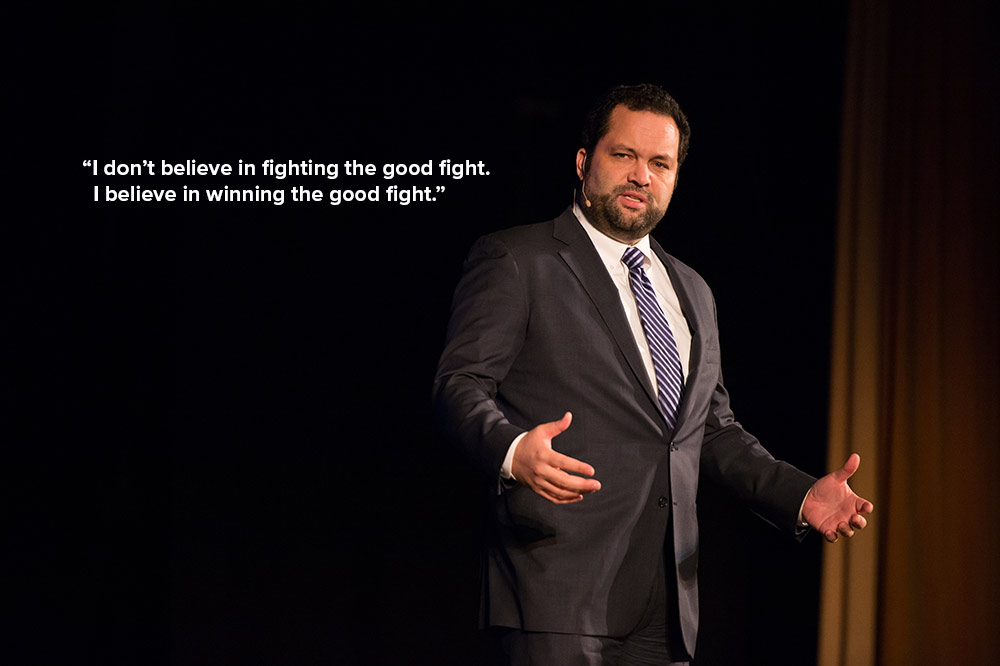
Melissa Harris-Perry (2013)
Harris-Perry is a political analyst, scholar, and professor of political science at Wake Forest University. At the time of her speech, she also hosted her own current affairs program on MSNBC.
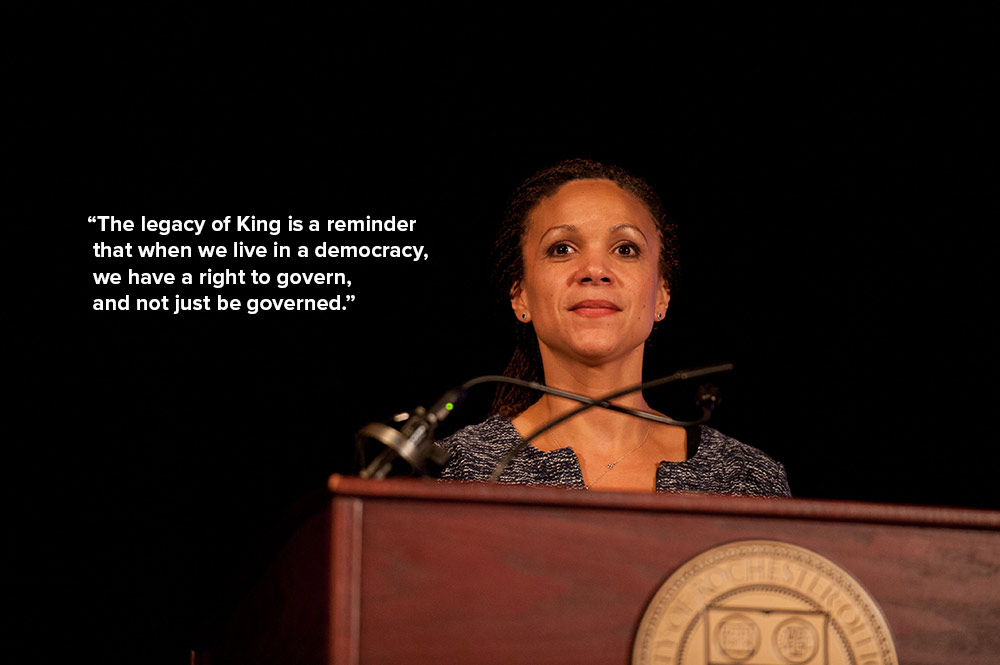
Michael Eric Dyson (2012)
A professor of sociology at Georgetown University and former radio host, Dyson is an author, commentator, and political analyst. He has been named one of the most influential black Americans by Ebony magazine.
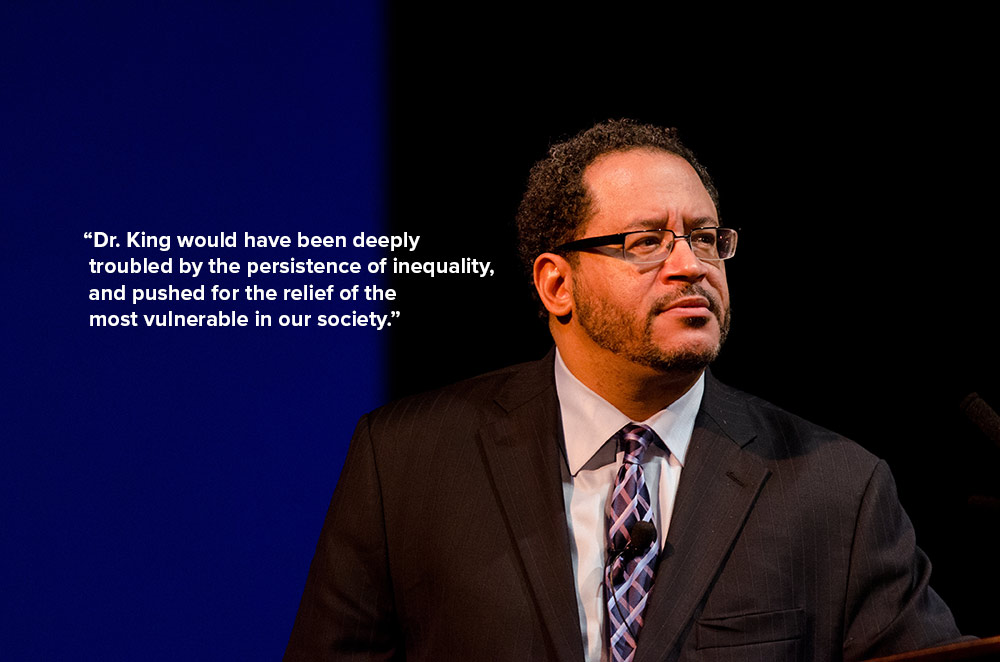
Alvin F. Poussaint (2011)
A Harvard University professor of psychiatry and a noted author, Poussaint has focused his work on the mental health of African Americans. He served as a script consultant to both The Cosby Show and A Different World, working to ensure the sitcoms portrayed a positive image of African Americans and avoided stereotypes.
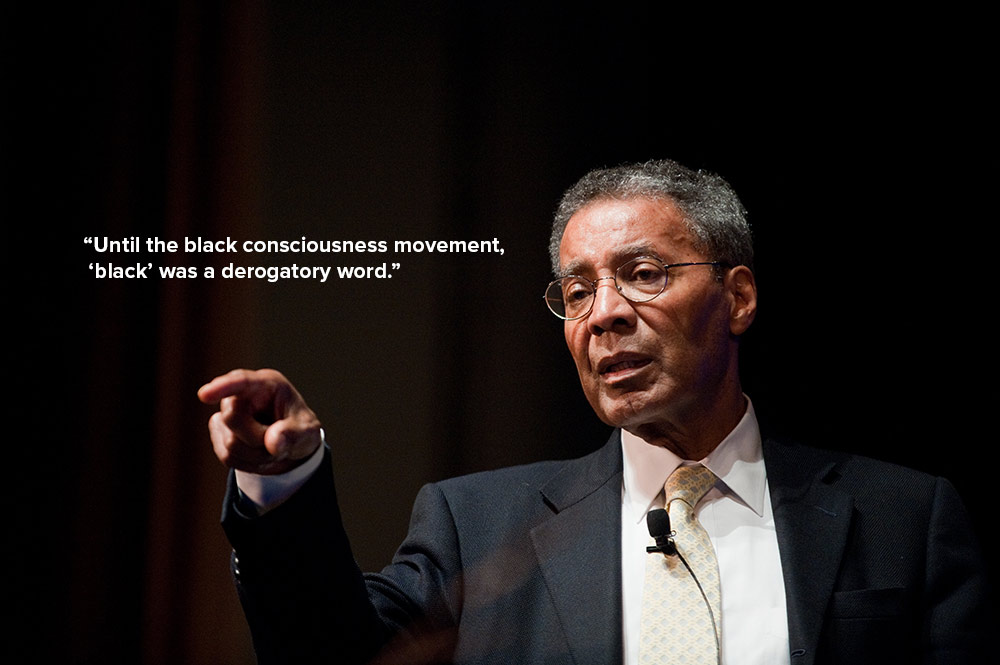
Joseph Lowery (2010)
Lowery started working the front lines of the civil rights movement during the mid 1950s alongside King and Rosa Parks. He has served in leadership positions in the Southern Christian Leadership Conference and been recognized with multiple awards, including the Presidential Medal of Freedom.
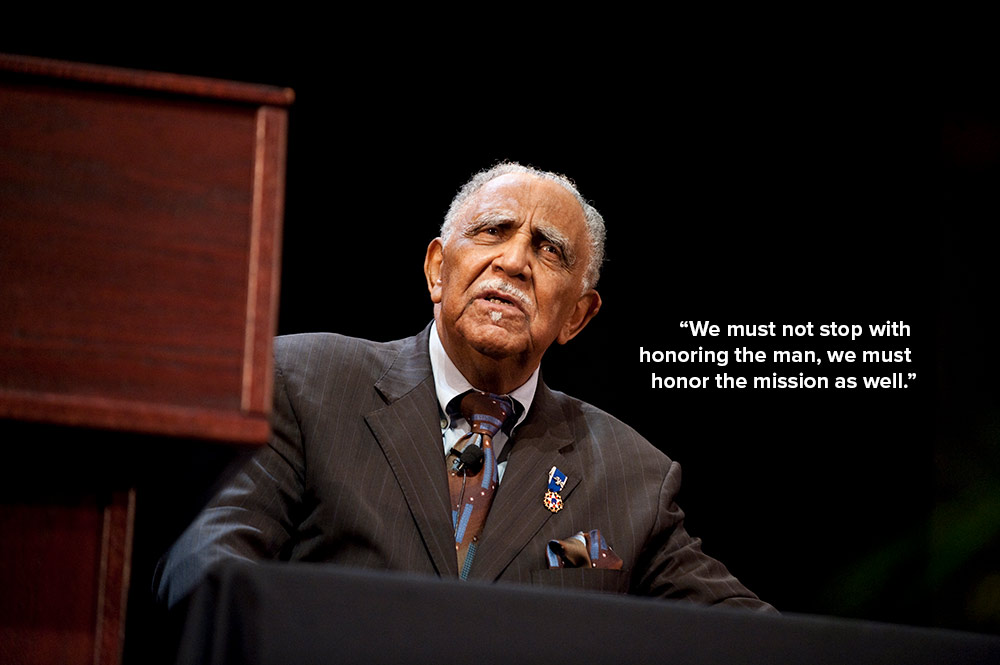
Nikki Giovanni (2009)
A writer, activist, educator, and poet—referred to as the “Princess of Black Poetry”—Giovanni has written more than 30 books. She currently holds the title of University Distinguished Professor at Virginia Tech University.
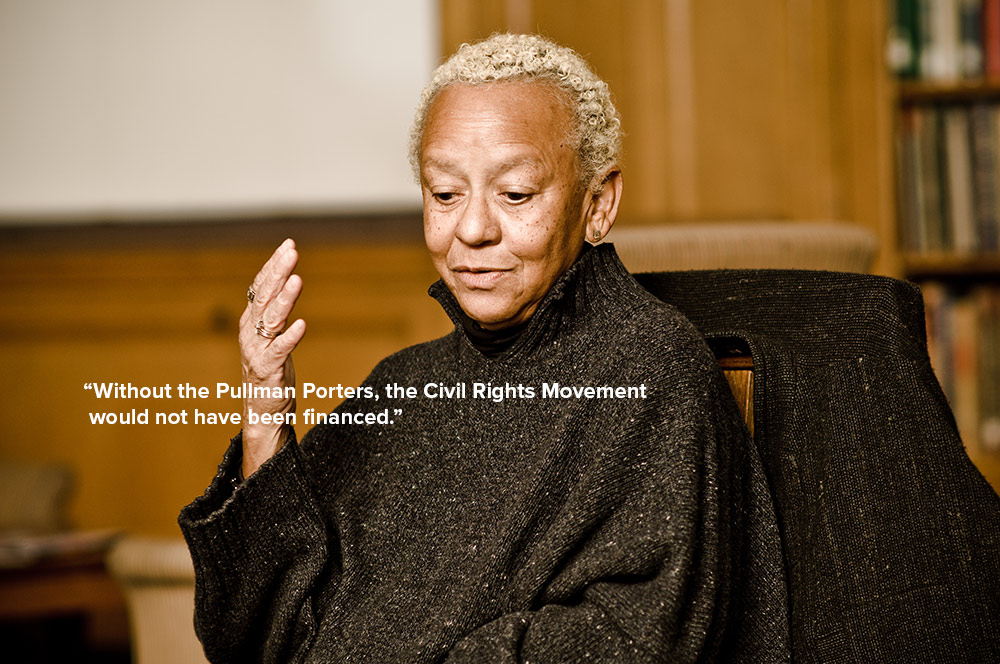
Andrew Young (2008)
A former Atlanta mayor and U.S. ambassador to the United Nations, Young was a top aide to King. Recipient of multiple awards including the Presidential Medal of Freedom, he’s the co-founder of GoodWorks International, a consulting firm that focuses on advancing economic development in Africa and the Caribbean.
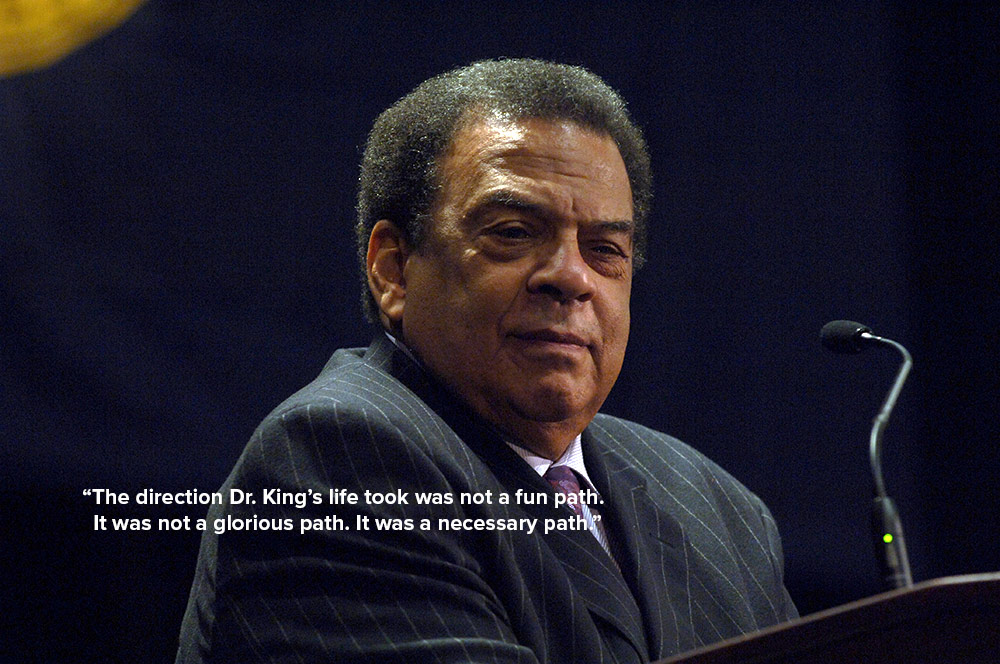
Jesse Jackson (2007)
Jackson worked with King during the tumultuous civil rights period of the 20th century. A minister, politician, and activist, he has expanded his work across international lines to foster social justice issues.
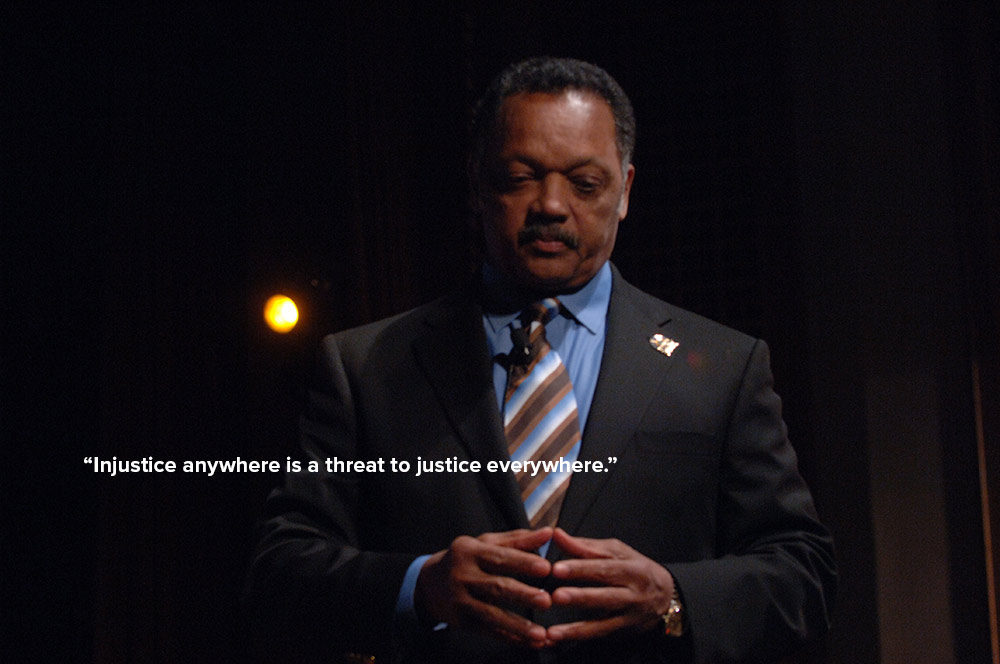
Martin Luther King III (2006)
The oldest son of Dr. Martin Luther King Jr. is an American human rights advocate and community activist.
“There comes a time to rise above the dream and get about the work of fulfilling the dream. Arise now and come forward.”
Christopher Edley Jr. (2004)
The first African-American to head a major law school (California-Berkeley), he was a senior member of five presidential campaigns.
“Race is harder than rocket science. You’ve got to be prepared to work at it.”
Morris Dees (2003)
The civil rights attorney best known for his victories against white supremacist groups was co-founder and former chief trial counsel for the Southern Poverty Law Center based in Montgomery, Alabama.
“There’s a battle going on today, and it’s a battle over whose America this is.”
Mary Frances Berry (2002)
The former chairman of the US Commission on Civil Rights is a history professor at the University of Pennsylvania and past president of the Organization of American Historians.
“Even as we cite gains for people of color in the worlds of entertainment, sports, and business, there are large numbers of people in this country who are still at the bottom.”
Julian Bond (2001)
The late social activist served as chairman of the NAACP (1998-2010) and was elected to four terms in the Georgia House of Representatives.
“Martin Luther King speaks in death as he never did in life.”


